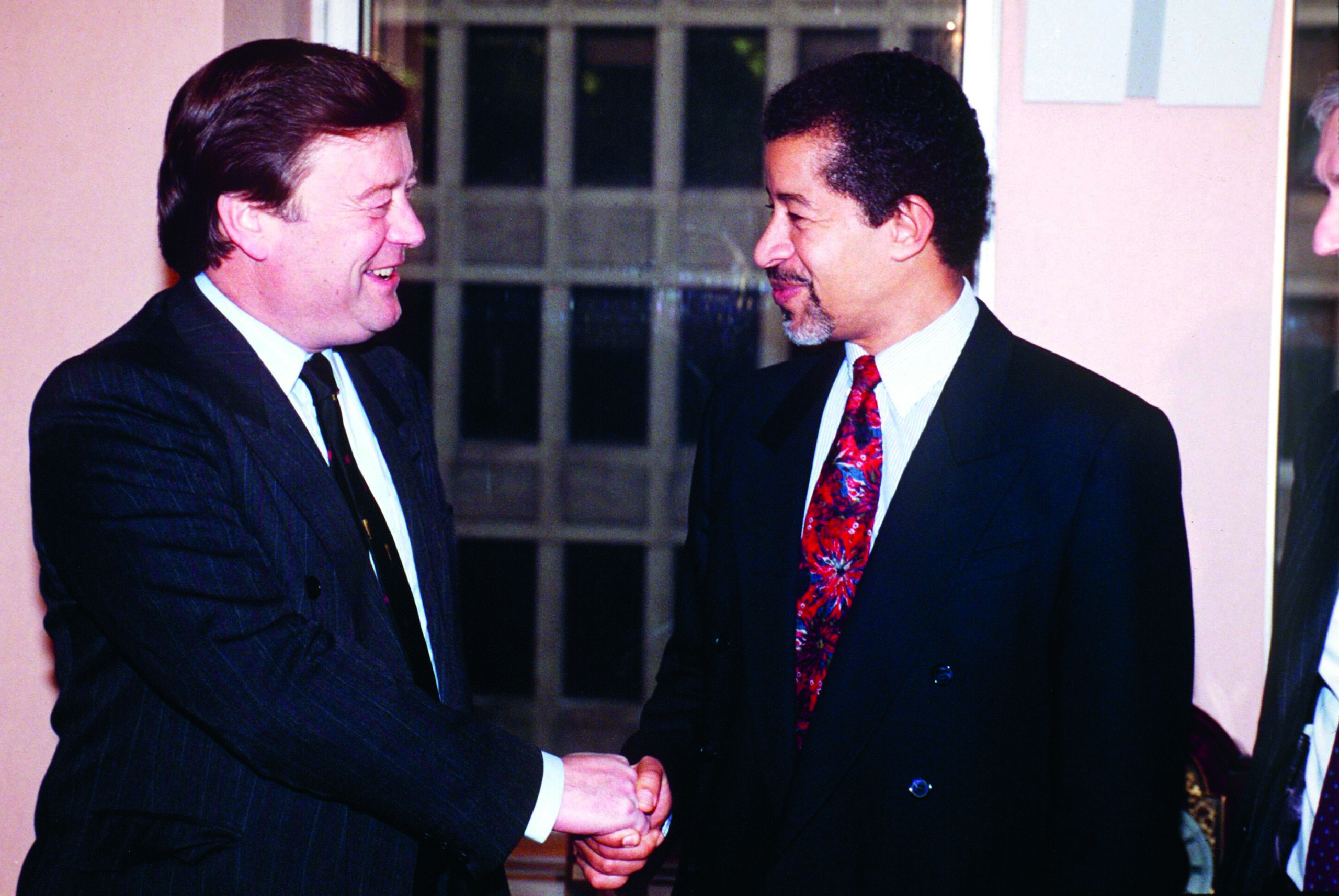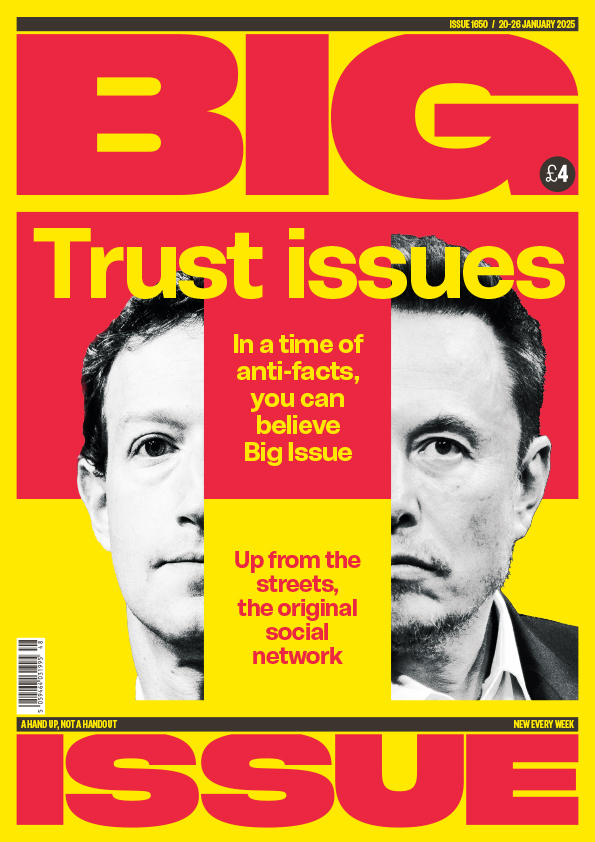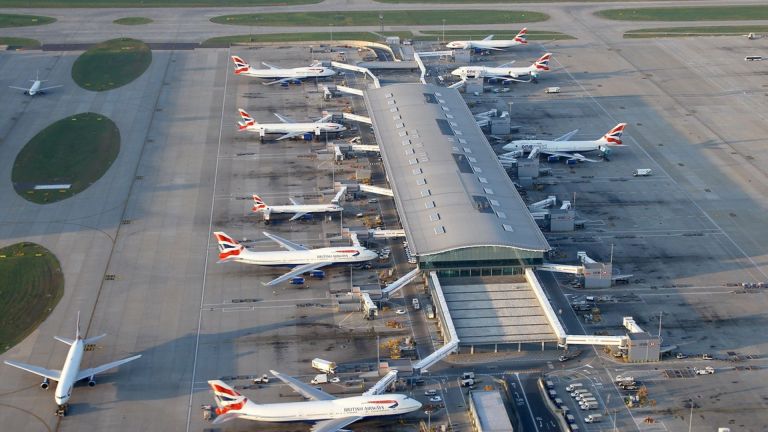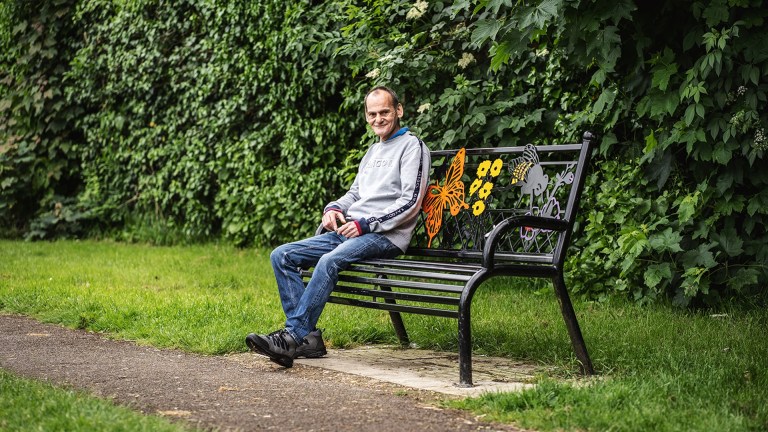Those were the same attitudes faced by young black people playing football in the school playgrounds, on the streets, in the parks or as aspiring professionals.
But the children of the Windrush generation, and their descendants, were not to be put off.
They loved the sport and were determined to succeed as professional footballers and make their contribution to the success of their respective club teams, as well as at international level, as proven at the last World Cup.
Over a century ago, players such as Arthur Wharton and Walter Tull were among the pioneers who had to overcome exclusion and discrimination.
During the past half-century, highly skilled players such as Clyde Best, John Barnes, Luther Blissett, Cyrille Regis, Ian Wright, Viv Anderson and many others had to find ways of overcoming the brutality of racism and hostility. In most cases, they let their talent and love for the game do the talking.
It was daunting for them to challenge their management, their coaches and the hierarchy of football and risk losing their livelihood or being dropped from the team.
There were very few people in authority who were prepared to stick their necks out to protect the players and to tackle the unfair treatment meted out to them.
Some fans would boo their own players simply because they were black, a clear demonstration of how race hatred is formed from ignorance and prejudice when it is an everyday influence in a society where race, sex and class discrimination are features in their lives.
By 1993, a group of people were so fed up with the non-action of the football authorities and their clubs to tackle the problem that they decided to set up a campaign to kick racism out of football.
Initially, it involved the Professional Footballers Association, the Football Trust and the Commission for Racial Equality. Eventually, after much nagging, The Football Association, The Premier League and The English Football League joined with the PFA to support the organisation to be known as Kick It Out.
Now, 26 years later, people continue to ask whether football is still riddled with racism.
Serious incidents of abuse always get high-profile press and media coverage, which has the twin effect of giving the impression that nothing has changed when it comes to racist abuse and arouses concerns, leading to some urgent action – or promises of action.
Some key moments include the John Terry, Luis Suarez and Eniola Aluko cases, which exposed the nastiness in the game and resulted in many positive actions and beneficial outcomes.
Nowadays, abusers, whether at games or on social media, know that they are likely to be caught and punished and even prosecuted.
More recently, prominent players such as Raheem Sterling are not prepared to let abuse happen without it being challenged.
Only a year ago, Sterling, a young black England player on his way to the World Cup to represent his country, was subjected to media criticism and ridiculed for having a weapon tattooed on his leg, whereas another player, in the same team, who happened to be white and also had a weapon tattooed on his body, received no criticism.
After Sterling was seriously abused again last December by a few fans at Chelsea when playing for his Manchester City team, no one appeared to be interested in taking any immediate action until the player himself posted a social media message the next day criticising the media for its contribution in biased and negative coverage of black players.
This stirred the powers-that-be and resulted in promises of action.
He was again abused when playing for England in Montenegro earlier this year, and spoke out profoundly against the failure of the football authorities in UEFA and England.
The football authorities in England know why there is still racism, discrimination and exclusion at all levels of the game.
They know that they have excluded BAME people from thriving at all levels of the industry and are only now opening up opportunities for them to be appointed as coaches, managers, administrators and at board level.
They know that they are the problem because they have not taken the decisive action once and for all to end exclusion.
They have the power, they make the decisions, but no one wants to lead a coherent approach which would enable everyone in the country to watch and play football at all levels without the fear of abuse, exclusion and discrimination, as well as have the opportunity to work within the non-playing side of the game.
There clearly has been progress made over the past 26 years but there is so much more to do and no reason why football cannot be an exemplar in the world with regards to equality, inclusion and cohesion.
How long must we wait?
Baron Herman Ouseley was executive Chairman of the Commission for Racial Equality (1993-2000). Along with Paul Elliott, John Fashanu, groups of anti-racist football fans and the PFA’s Gordon Taylor joined together to set up the campaign to Kick Racism Out of Football, and he was chair of Kick It Out until January.










